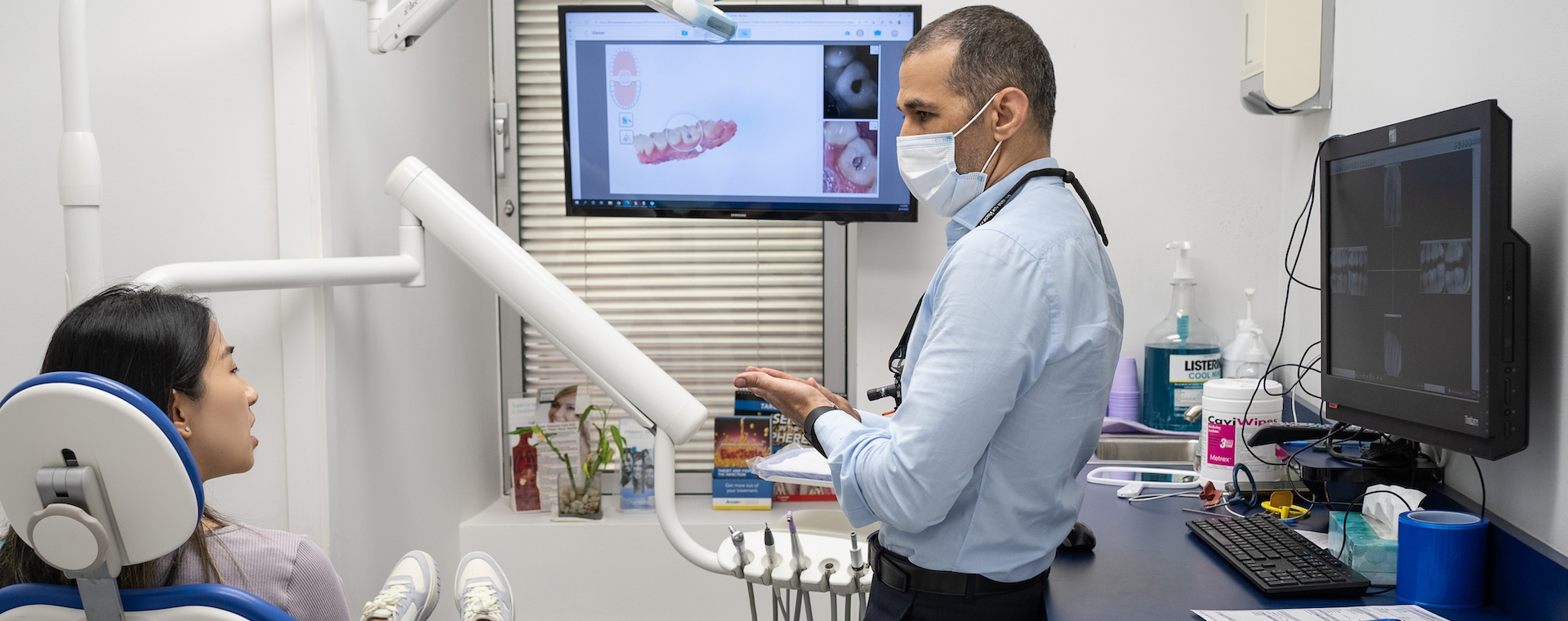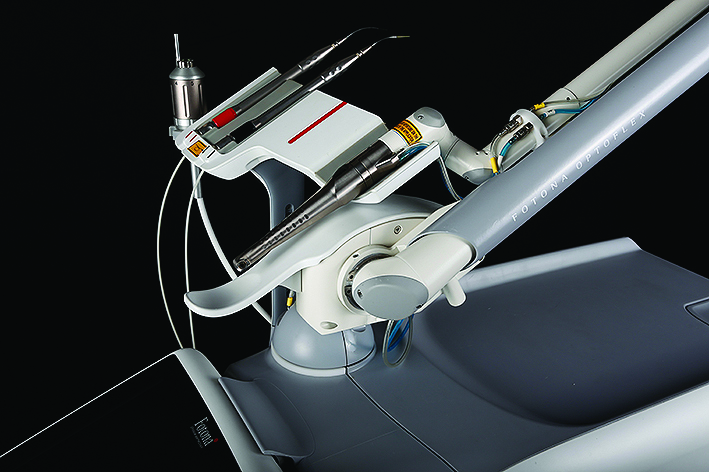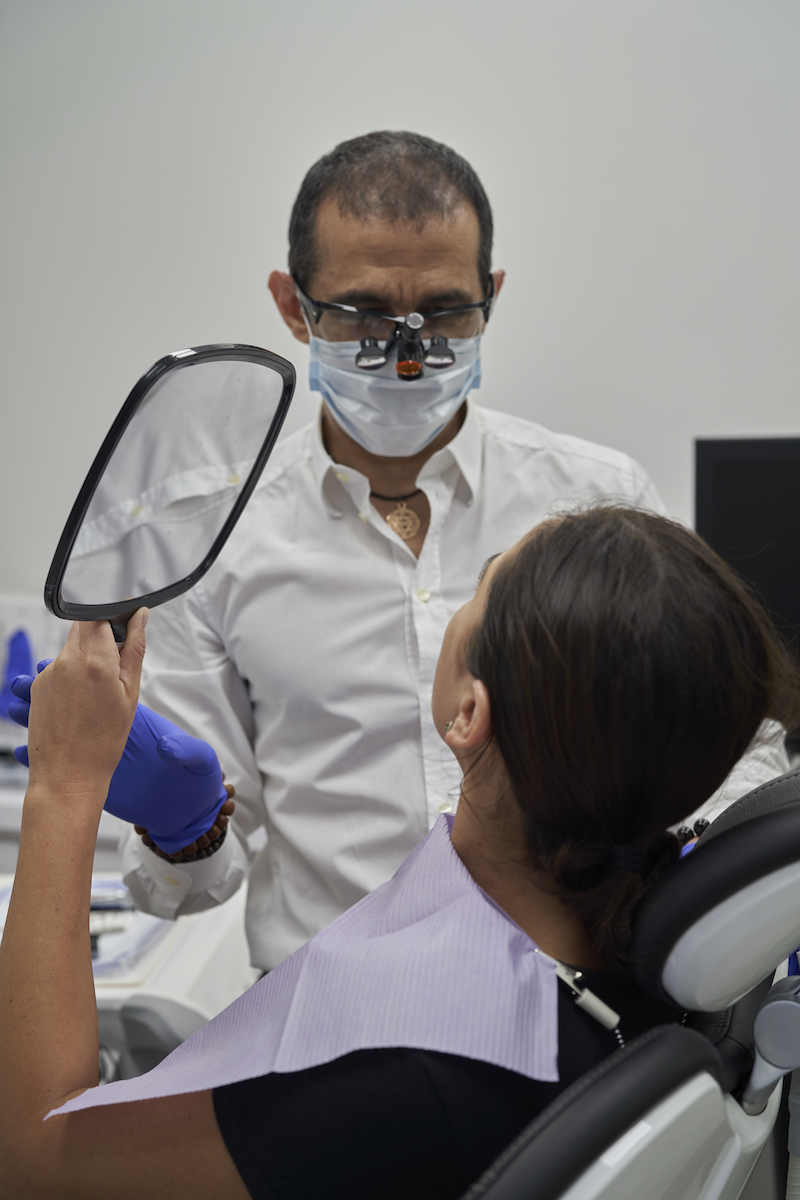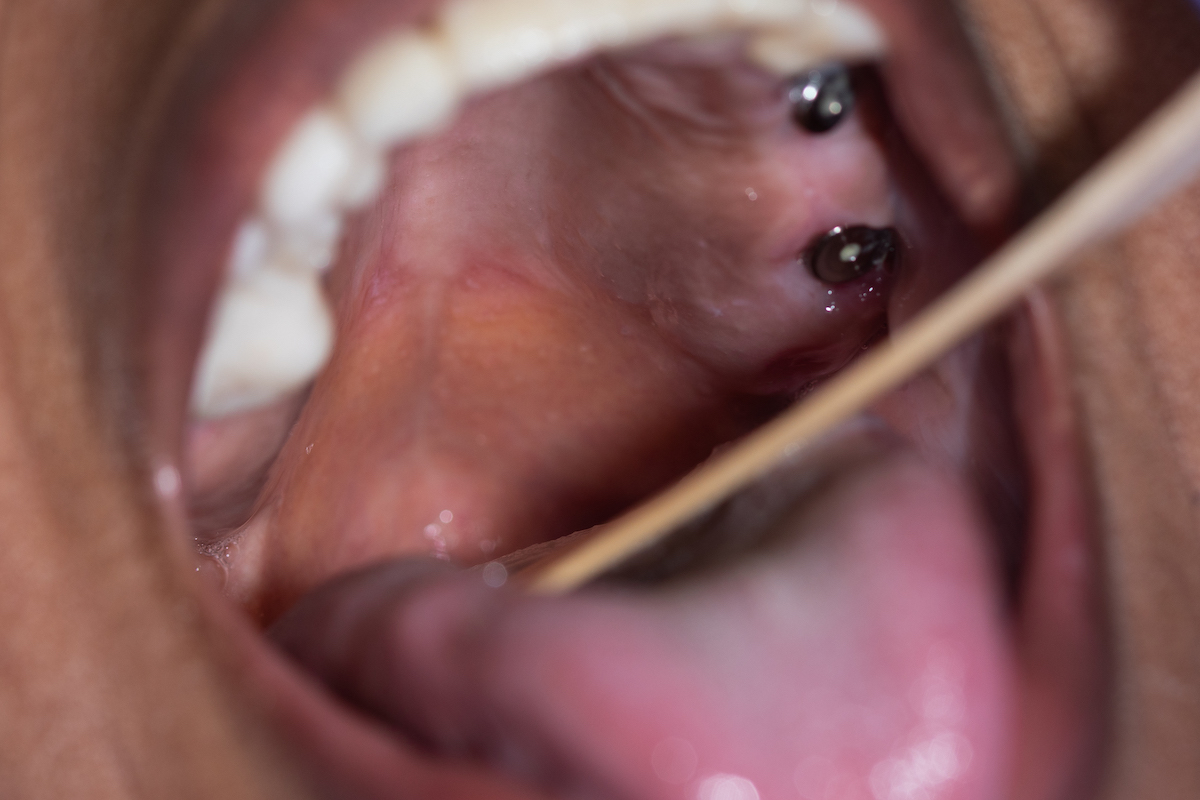Root canal treatment or endodontic therapy is a procedure to treat the infected pulp, which results from a decay or an overloaded tooth, that happens due to incorrectly conducted dental procedures before. There are also cases of pulp inflammation as a result of a gum infection.
During the root canal therapy, a doctor removes the inflamed pulp, fills the decontaminated canals and shapes the tooth either with a crown or inlay/onlay, depending on the condition.
Fast facts about root canals
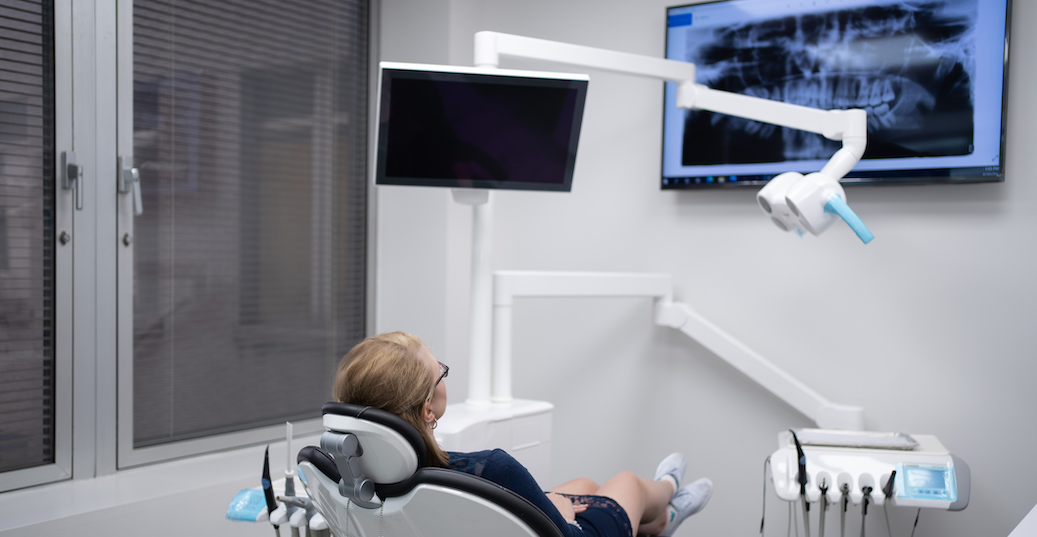
According to the American Association of Endodontists(AAE), more than 15 million root canals are treated each year in the United States.
· More than 41,000 root canals are performed each day, according to the AAE.
· Root canal procedures are commonly thought to be the most painful kind of dental treatment, but studies say that only 17 percent of people who’ve had a root canal described it as their “most painful dental experience.”
· A 2016 study found that root canal symptoms varied depending on the type of bacteria in the infection.
Root canal symptoms
The only way to know for sure if you need a root canal is by consulting with your dentist. But there are still a few signs that you can feel in the infected area. several warning signs to be on the lookout for.
If you notice any of these symptoms, it’s important to see your dentist as soon as possible. The sooner your tooth can be treated, the better the outcome will likely be.
1. Persistent pain
It is most likely to bother you all the time, or return from time to time.
You may feel it like a deep pain in the bone of your tooth or a shifting pain in your face, jaw, or even in your other teeth.
Don’t panic though, tooth pain may have other causes besides root canal, like:
· gum disease
· cavities
· sinus infection
· damaged filling
· impacted tooth that may be infected
No matter the cause, it’s always a must to see your dentist if you have tooth pain, especially if the pain is persistent. Early diagnosis and treatment leads to a better outcome.
2. Sensitivity to heat and cold
If your teeth or a particular tooth reacts when you drink a cup of coffee or ice tea? Sensitivity could feel like a dull or a sharp pain. You may need a root canal if this pain bothers you for a period of time.
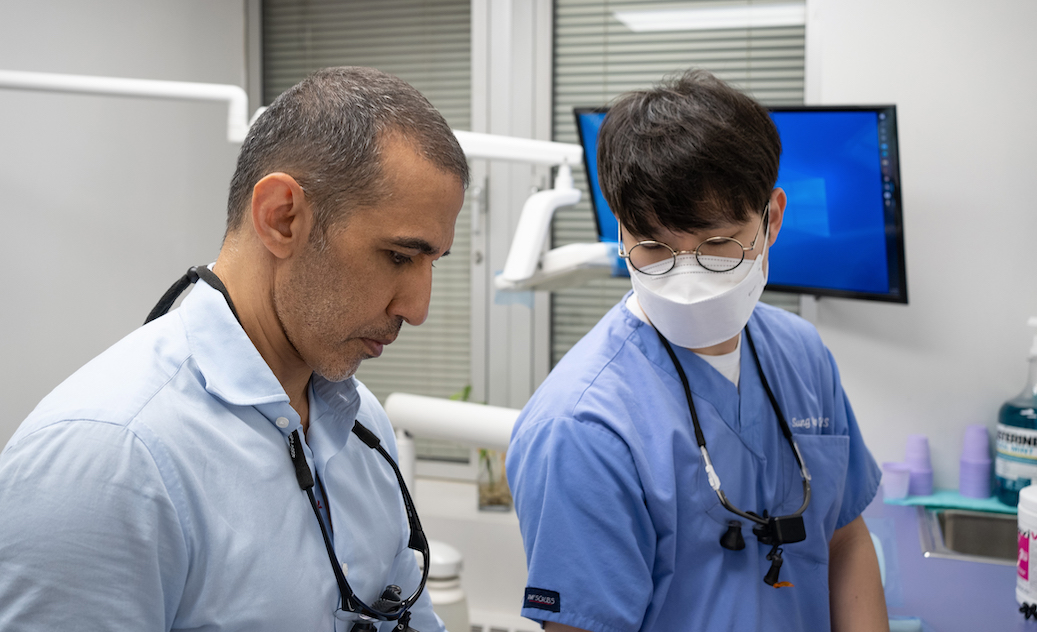
3. Tooth discoloration
An infection in the pulp of your tooth can cause discoloration . When the roots are damaged, it gives teeth a grayish-black appearance.
4. Swollen gums
This can also be a sign for a root canal treatment. The swelling may bother you from time to time, painful or not. .
You may also have a little pimple on your gum. This is called a gum boil, parulis, or abscess.
The pimple may ooze pus from the infection in the tooth. This can give you an unpleasant taste in your mouth and make your breath smell bad.
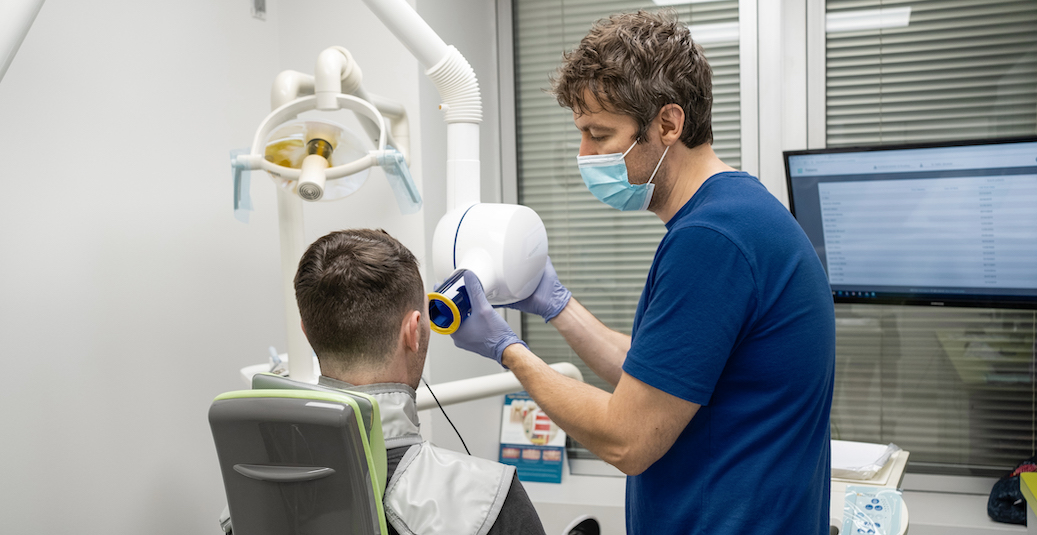
5. Pain while eating
If your tooth is sensitive when you touch it or when you eat, it could indicate severe tooth decay or nerve damage, which may need to be treated with a root canal therapy. This is especially the case if the sensitivity increases over time and doesn’t go away when you stop eating.
6. A chipped or cracked tooth
If you’ve chipped or cracked your tooth, bacteria can get in and lead to inflammation and infection.
Even if you injure a tooth slightly, it may still damage the nerves of the tooth.
7. Tooth mobility
When your tooth is infected, it may feel loose in a gum.
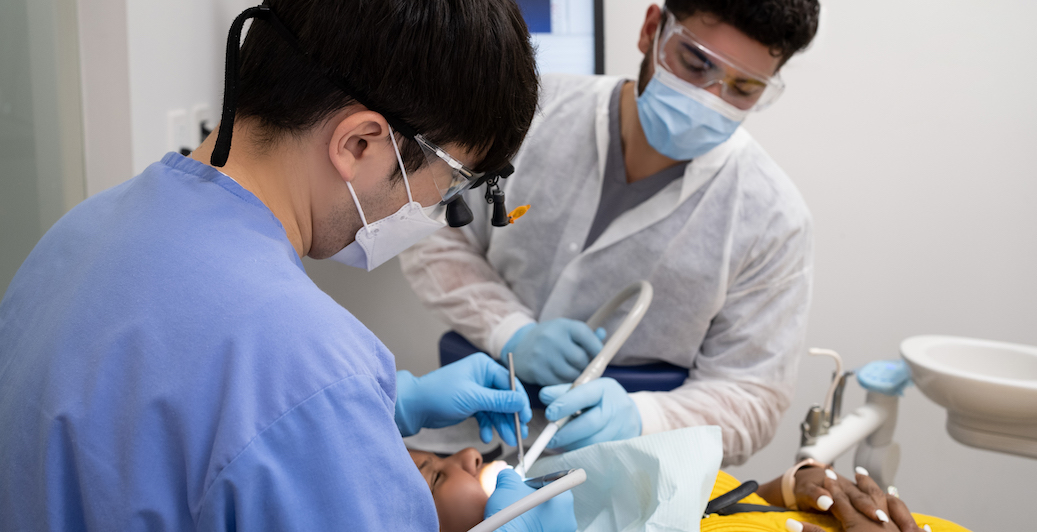
Does a root canal hurt?
With the use of local anaesthesia and latest technologies, you most probably will feel no pain. If you need a root canal and have facial swelling or a fever, your dentist may give you antibiotics beforehand which may also help reduce your pain.
Then the dentist cleans out the decay, gets the infected nerves in the roots out, disinfects the roots, and then fills them in with special material.
Your mouth may feel sore after the root canal for a couple of days.
Please, be advised that any diagnosis or any concerns should be discussed with your dentist. If you want to get a consultation with one of our doctors, please fill in the form below.
